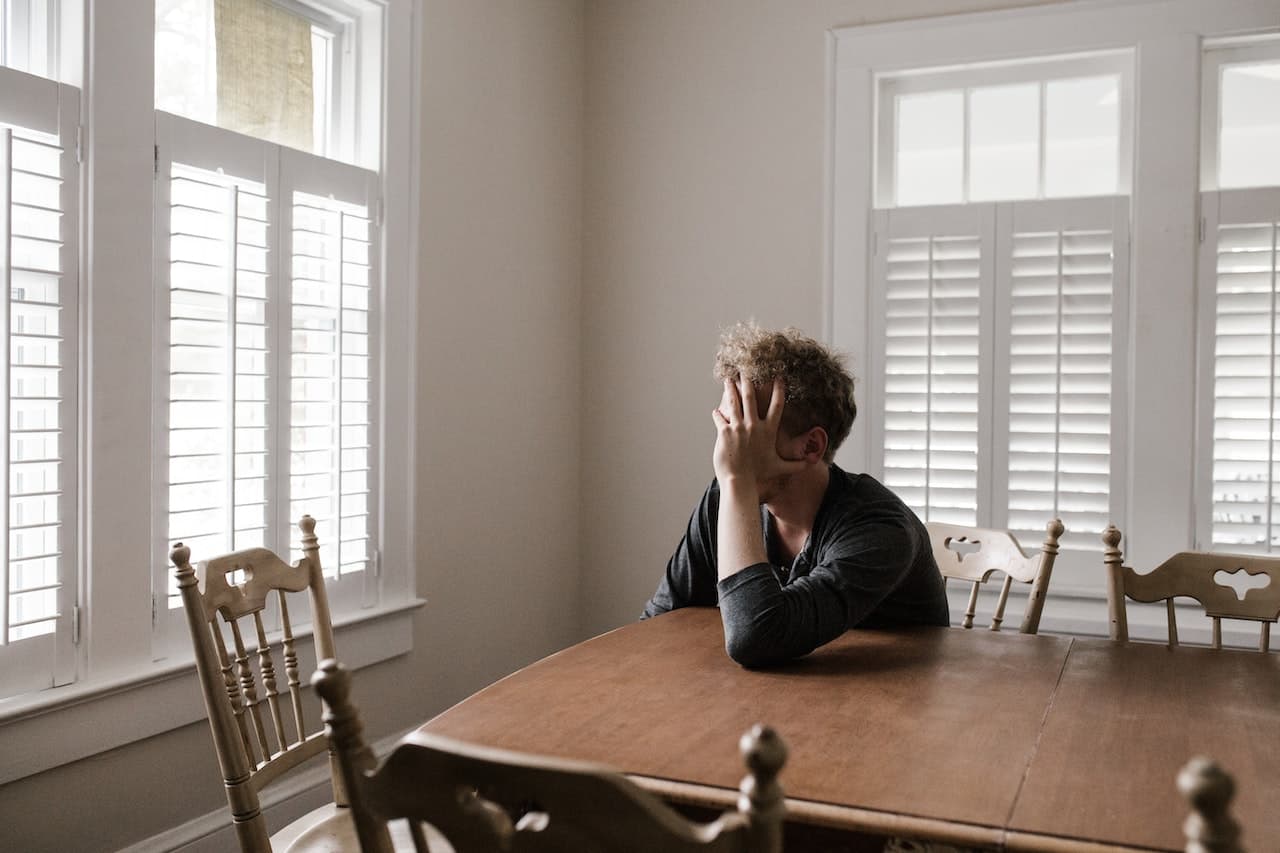How to Find Help for Your Anxiety Issues Without Seeking Formal Therapy

Stress is an inherent part of human life, serving as a natural reaction to perceived dangers or injuries. While often temporary, stress is commonplace; however, anxiety presents a more significant issue, especially when it becomes chronic and intense.
A survey reveals that over a quarter of Americans expect to face increased stress in 2023, a noticeable rise from 20% the previous year. Furthermore, statistics from August 2023 indicate that 28% of adults experienced symptoms of anxiety in the last week, highlighting a potential mental health crisis.
On a positive note, the increasing recognition of mental health issues serves as a beacon of hope. This change is significant for two reasons: it helps to de-stigmatize anxiety disorders and motivates individuals to acknowledge their symptoms and seek early intervention. Early action often leads to a quicker recovery.
For those dealing with anxiety, there are several practical strategies to manage symptoms without immediately turning to formal therapy.
Be Aware of Anxiety Symptoms
Being aware of anxiety symptoms gives you a head start with diagnosis. The sooner you know about the condition, the faster you adopt a coping strategy. In most cases, people can get through without seeing a therapist if they recognize the risk and work on their mindset. Here is a list of common early-stage anxiety symptoms:
- Constant and excessive feelings of worry
- Restlessness
- Headache
- Difficulty concentrating
- Insomnia
- Fatigue
- Sweating
- Heavy breathing
Know Your Triggers
Prevention is the best therapy for anxiety, and it doesn’t require professional help. You only need to know your triggers and avoid them to steer clear of negative thoughts and reactions. Anxiety triggers differ for everyone, so you cannot take a one-size-fits-all approach to identifying them.
Losing a loved one, workplace stress, and a financial crisis may make you anxious. Research also links anxiety risk with personality types. For example, people with high emotional reactivity and introverted tendencies are more prone to these disorders.
While you cannot do much about your personality type, being aware of your triggers can make all the difference. You subconsciously build your defenses against them with self-awareness.
Connect With a Non-Clinical Professional
You may not want to consult a therapist to deal with anxiety, but seeking help from a non-clinical professional is an option. For example, you can connect with a social worker if you feel anxious due to a toxic relationship or family issues.
Social work is a thriving profession in the US, with 2020 estimates showing 715,600 social workers employed in the field. The online Master of Social Work has made entry into the workforce easy for professionals looking to upgrade or swap careers to become social workers.
According to Cleveland State University, aspiring social workers can choose the clinical or advanced generalist field. A generalist social worker can support people looking for non-clinical support to deal with anxiety disorders.
Open Up About Anxiety
Besides seeking professional support, you can open up about your condition with a trusted friend or family member. For guidance on discussing difficult topics with a mental health professional, read How to Tell Your Therapist Something Hard. Many people tend to bottle up due to stigma or the fear of social isolation, but it can only worsen the situation. Talk to an empathic person ready to give time and listen patiently without judging you.
What’s more, now you can talk to your favorite healthcare professional from the comfort of your home. All you need is a fast, reliable, and secure internet connection for seamless and uninterrupted therapy sessions. For this purpose, check Xfinity in your area to connect with one of the most dependable internet providers in the US by simply calling the Xfinity customer service number for more information.
Consider joining a support group because people going through similar situations can understand your problems. You may also get some valuable advice from those who have conquered anxiety with self-belief and compassion. If you’re dealing with pent-up frustrations, the best solution is to let them out.
Adopt a Positive Lifestyle
Several studies indicate that lifestyle can have a positive impact on anxiety symptoms. Unhealthy habits, on the other hand, may aggravate it. Adopting a healthy lifestyle should be a top priority to overcome anxious behavior.
Here is a checklist to get your lifestyle on track:
- Load up on a nutritious diet, and ditch stress culprits like sugar, caffeine, and alcohol
- Embrace a realistic and actionable exercise routine that blends seamlessly into your schedule
- Get adequate sleep and maintain a healthy sleep-wake cycle with 7-8 hours of bedtime
- Adopt activities promoting stress relief, such as meditation, deep breathing, or a hobby
- Spend time with loved ones and cultivate positive relationships
- Maintain an optimal work-life balance
Conclusion
Handling anxiety without therapy is doable, provided you act fast and take a proactive approach. You can overcome it without worrying about the cost, medication, and privacy concerns of visiting a professional therapist. Commit to self-compassion and maintain realistic expectations toward everything. Following these tips can help you keep anxiety at bay and lead a happy life.




